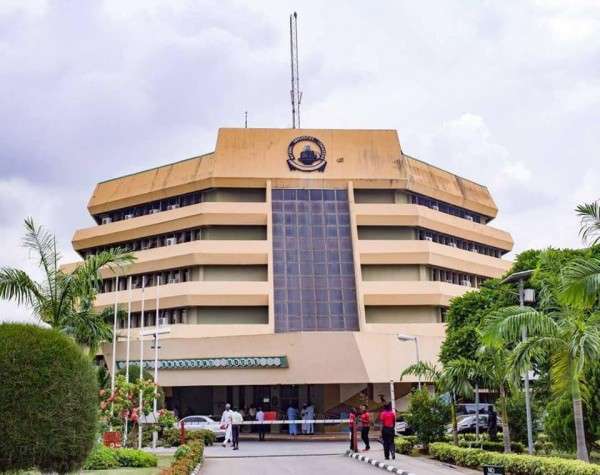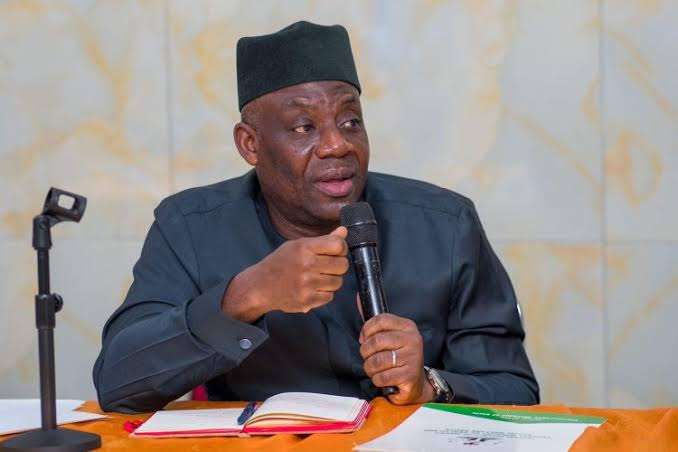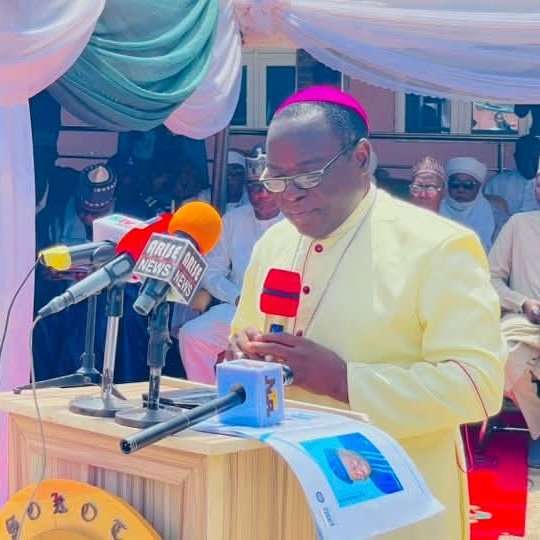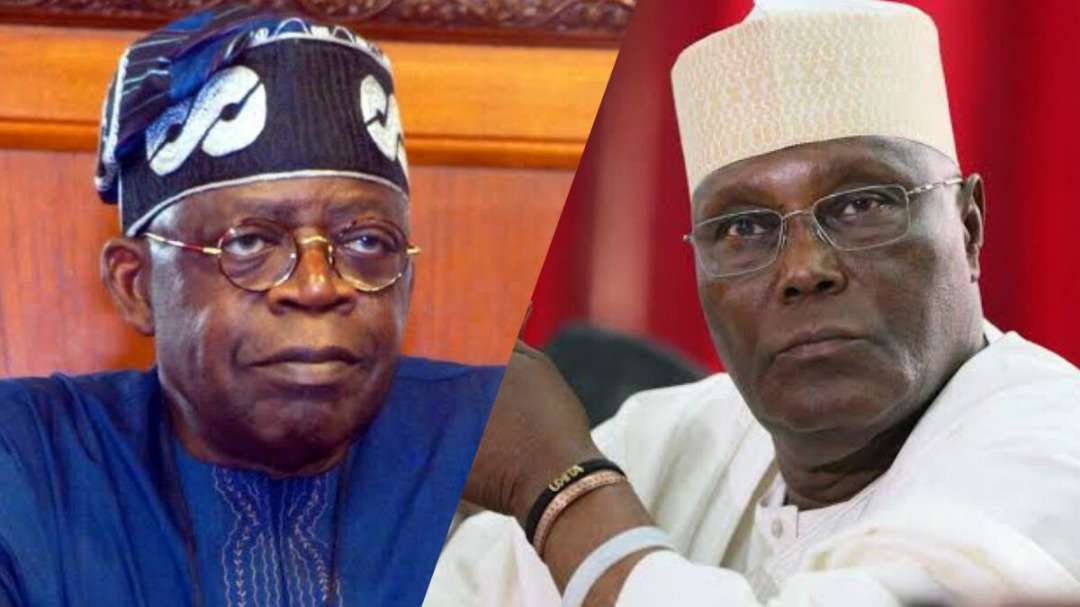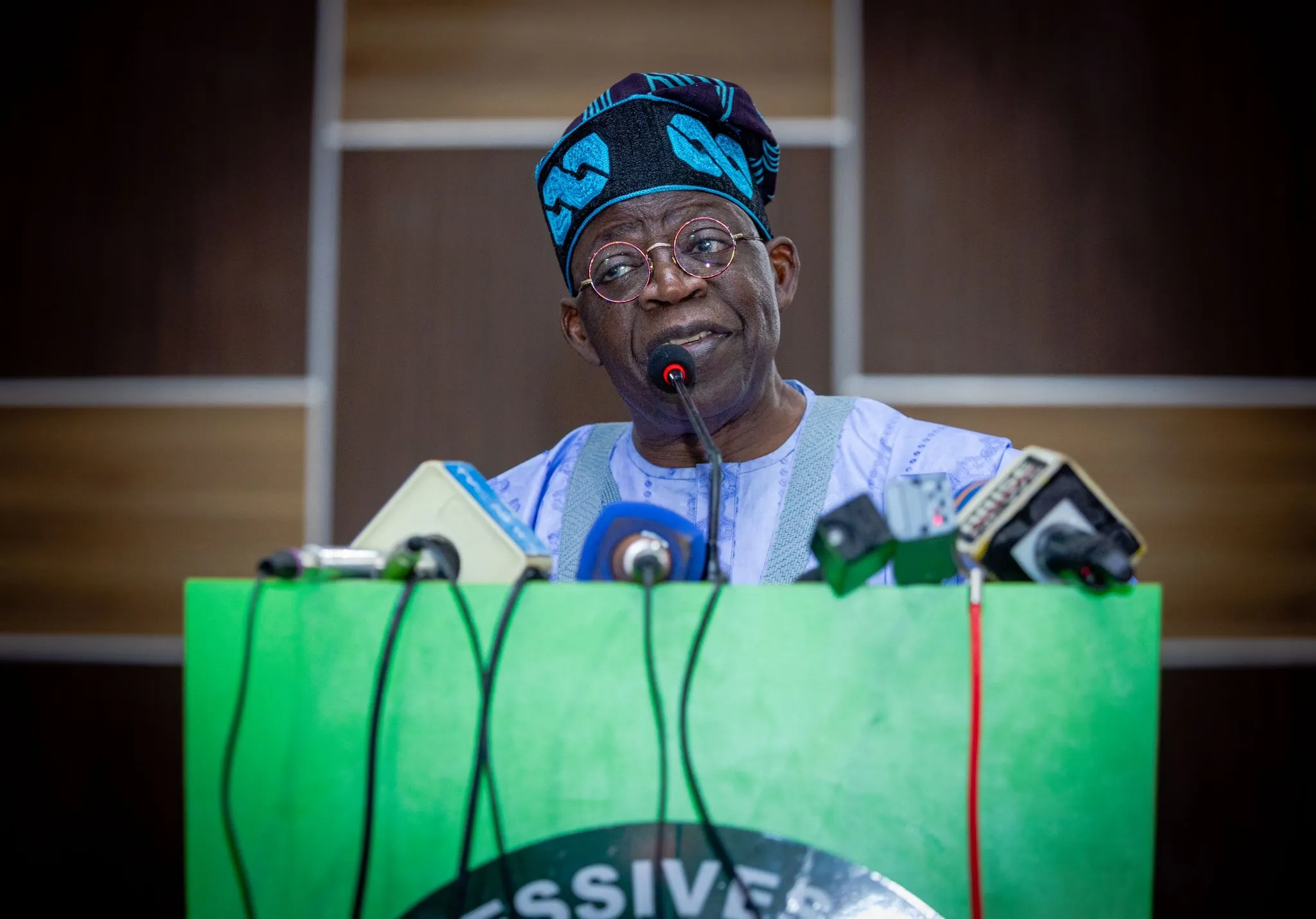The Presidential Compressed Natural Gas Initiative (PCNGI) has said it was targeting having an additional 125,000 to 200,000 vehicles powered by CNG on Nigerian roads before the end of the year.
Programme Director and Chief Executive, PCNGI, Michael Oluwagbemi, who disclosed at the Mobility CNG Supply Framework Kick-Off event on Tuesday in Abuja, noted that achieving the targeted number of CNG-converted vehicles for 2025 was crucial, given the 1 million conversion target by the end of 2027.
He said: “We are looking to have at least 125,000 to 200,000 vehicles on the road in addition to the one we already have running on CNG this year. We want to be on pace for 1 million by the end of 2027.
“If we get closer to 250,000, 300,000 total CNG vehicle count this year, at the end of this year, we’ll have done a lot of good work. Of course, this is an estimate.”
Oluwagbemi who noted that the private sector probably converts about twice, if not three times the number of vehicles that the PCNGI converts, noted that the government was very eager to incentivize the private sector to do the work.
“The private sector has the biggest share of the work, but we are always there to create an enabling environment, providing incentives, continue to encourage them with the right kind of targeted incentives like this concessionary gas pricing, and deliver to the Nigerian people, a more secure energy future leveraging gas.”
On the Mobility CNG Supply Framework, the PCNGI boss explained that it was the flag off of the implementation of the approved
concessionary pricing structure for autogas CNG, to avoid arbitrage
“We needed to do it in an organized fashion, create the proper market for autogas CNG and also develop the marketplace where people can actually make demand, pay for it, get their gas and then use it, sell it into the autogas CNG market. As you know, that market has been growing tremendously in the last year.
“We went from just 20 daughter stations in the country to well over 65 this morning. We opened two new ones yesterday in Ibadan and we have 28 new ones coming up in the next four to five weeks. So there is a growing market.
“We just got the announcement by Mr. Dangote that he’s also adding another 100 daughter stations to the 175 that we have under construction. So you can imagine that we need to get this going in an organized way and that’s what we’re doing here today. We are launching the framework, we are launching the marketplace for auto CNG for the utilization of Nigerians.
Oluwagbemi further added that in the last one year, the demand for CNG has tremendously increased, as more vehicles and trucks were being converted on a daily basis
“Last year we’ve gone from just mere 4,000 CNG vehicles approximately in the country, most of them concentrated in Edo state where the pilots are taking place by NNPC before today to well over 50,000 today and that’s not even including trucks. The trucks are being converted at a rapid pace every day across Nigeria.
“We know that the demand is up, you just need to go out to any daughter station here in Abuja. When we did the section matchup last year, we went to NIPCO they barely had one or two customers today you see a long line sometimes lasting four, five, six hours.
“It’s a good problem here, we are here to solve one of those problems. It’s not going to be a perfect market from day one, but our work is to make it more perfect.”
Managing Director and CEO Gas Aggregation Company Nigeria Limited (GACN), Chikoke Uzoho said the developed mobility supply framework lays down the transparent, standardized, and competitive gas supply structure, promoting gas subsidies to last-mile delivery.
“We are optimistic that with strong regulatory alignment, commercial discipline, and stakeholder partnership commitments, we can scale this framework across Nigeria, bringing the President’s vision to life. This is a call to collective partnership and sustained action.”
Business Development and Strategy Coordinator at the PCNGI, Omolara Obileye who disclosed that 21 states have achieved CNG for mobility has use, explained that states yet to be captured was due to lack of CNG infrastructure in place in the affected states.
While also noting that they was no fewer than 250 CNG conversion centres nationwide, added that 160 were signed up with PCNGI as conversion partners.

